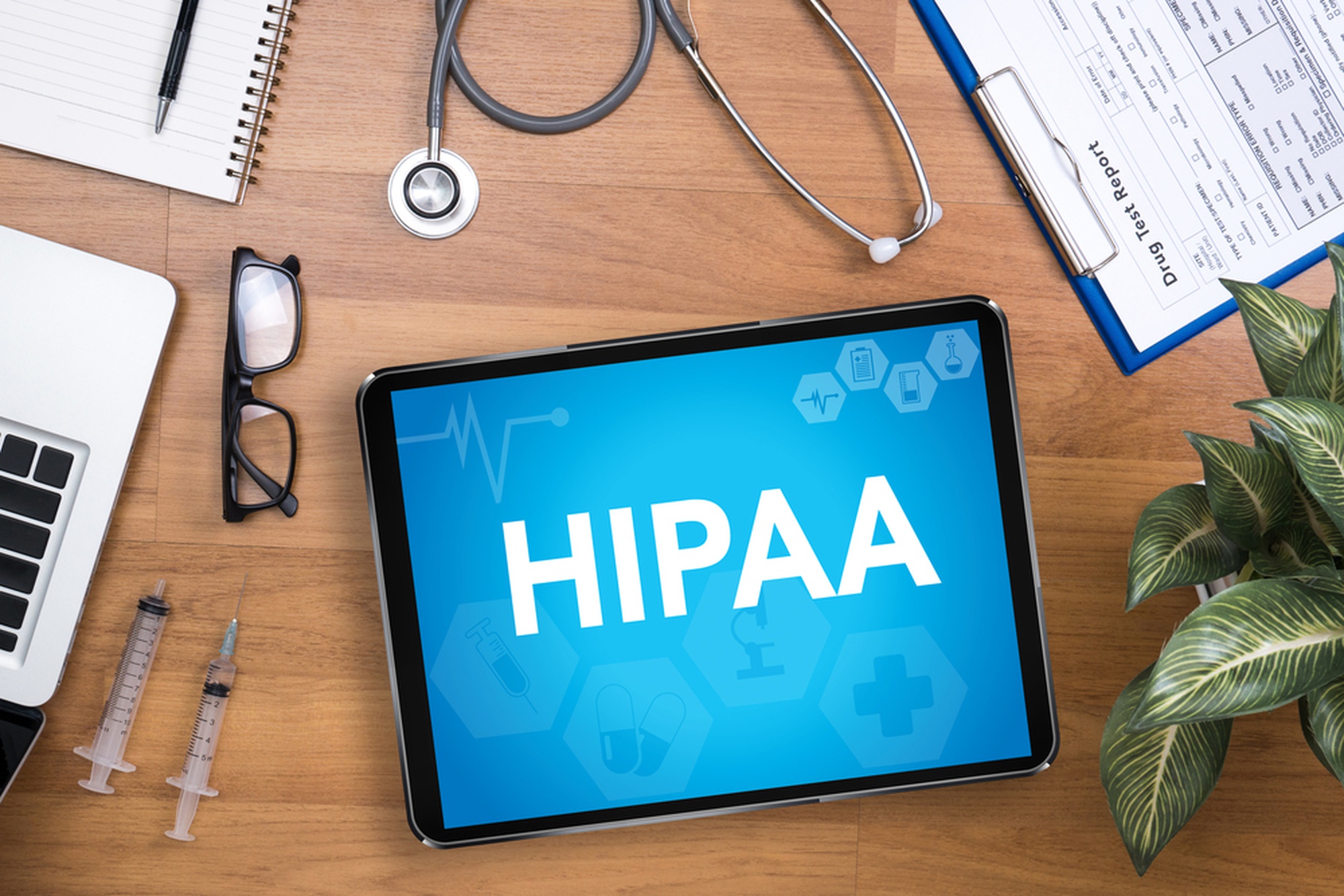HIPAA compliance is vital for healthcare providers. The law is designed to provide individuals with increased security and privacy as well as giving patients greater control. It is essential to ensure that any new system you use is in compliance with HIPAA’s regulations. Technology advances in a rapid pace.

HIPAA compliance can be a bit complicated particularly for companies that are trying to figure out what HIPAA is and what it means for their business. HIPAA compliance is required by all health organizations and those working in the insurance industry. It is essential to carefully study the rules and to ensure that the procedures are in place to be in compliance. While it can be difficult to accomplish, adhering to the law is vital. Being compliant will result in more secure data privacy and better service, as and avoiding possible penalties. By knowing the scope of HIPAA covers and taking the steps needed, companies can ensure they’re taking all necessary measures in accordance with its regulations.
While HIPAA’s rules may appear rigid, the focus on security and privacy is intended to guard information. Since the healthcare industry is increasingly moving to digital technology, such as Electronic Medical Records (EMR) more protections have become required to prevent any unnecessary or unauthorized divulging of patient’s private information. While guidelines have been set up, compliance with these rules needs to be continuously checked and enforced for people to be secure. HIPAA is monitoring these issues to ensure that the public to feel safe and secure.
HIPAA offers a substantial security to those working in medical fields and the patients whose medical records are kept. It permits covered entities and business associates (BAs), the freedom of deciding whether to utilize an addressable execution specification. The decision could be made based on several factors, including the risk assessment, mitigation strategies and current security measures. It is also contingent on the price of implementation. CEs and BAs have the choice to examine alternatives or opt out of the specific step when they believe it’s appropriate in their specific situation. HIPAA aids them in making informed decisions regarding data security and protection, as well as to find a balance between technological safeguards and control for the user.
Numerous organizations benefit from HIPAA compliance. Conforming to regulations under the Health Insurance Portability and Accountability Act, (HIPAA), will help companies safeguard their patients’, clients’, and customers’ health information. It ensures that the information is safe and secure. Compliance also ensures that individuals are using their medical information solely for their own benefit as well as the benefit of their healthcare providers. HIPAA compliance grants individuals the liberty to make informed decisions about how their private health data is used and controlled. This ensures that no other person can access it or modify it without their consent. HIPAA compliance allows organizations to avoid the risk of a bad reputation by preventing legal or financial consequences resulting from the misuse of patient data. HIPAA compliance ensures that patients have a pleasant experience and better protection of their private medical records.
There are a few points to be aware of when you think about HIPAA compliance. It is important to understand the law in order to are able to comply with it. Also, you should consult an expert who can help you interpret it and implement the necessary systems and procedures. Although it isn’t easy to enforce compliance, it’s essential for protecting your patient’s rights as well being a way to ensure the confidentiality of your patients.
For more information, click hitech subtitles
